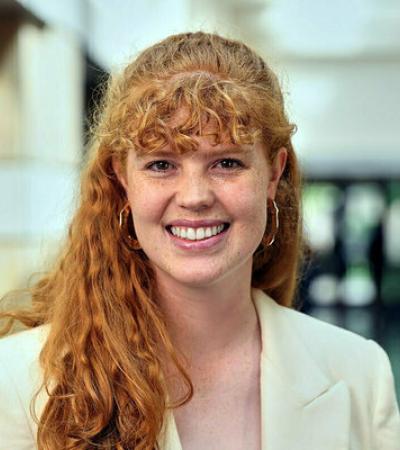2025 Annual Meeting of the American Academy of Religion Western Region: Performing Religions, Faith & Spirituality; Arizona State University
Kellogg Institute Conference Travel Grants
Conference: 2025 Annual Meeting of the American Academy of Religion Western Region: Performing Religions, Faith & Spirituality
Arizona State University: March, 14 – 16, 2025
Presentation: Frameworks for Environmental Peacebuilding and Faith Traditions
REPORT:
In March, I attended the American Academy of Religion’s Western Region conference, which allowed me to present and receive feedback on my research, learn from the work of other scholars, and advance my professional development, including by understanding the leadership of academic associations.
At the conference, I presented my paper, “No Justice, No Peace: Faith and Environmental Peacebuilding,” on the panel, “Ecological And Spiritual Approaches To Peacebuilding In A Fractured World.” My presentation engaged closely with the work of other panelists by establishing a generalizable framework for faith’s engagement with environmental peacebuilding, presenting a specific case study that resonated with a theoretical analysis of Christian eco-theology, and even critiquing the international interfaith peacebuilding NGO economy examined by other panelists. I received insightful questions about my research, including theoretical questions about the replication of structurally violent economic systems and the potential for just alternatives championed by faith-based communities. I connected with another panelist, Sam Harrelson, who is also in the first year of a PhD program exploring the “Ecology of the Cross” as a foundation for pursing ecological justice through spiritual ritual, political engagement, and advocacy. I plan to remain connected as we advance in our studies together.
Throughout the conference, I also had the opportunity to attend panel presentations relevant to my dissertation interests. In the panel “Environmental Performance and Social Justice,” presenters explored the intellectual history of ecotheology, the role of Indigenous activists in interfaith dialogue regarding the environment, and the local legacy of colonialism on Navajo water rights. I was able to network with the panelists following the session and explore how themes of justice, human rights, and human development interweave with ecological challenges and spiritual responses. During the panel, “Indigenous Religions Religion as Art and Ecospirituality: Interpretations, Liberation, and the Sacred,” I was able to learn about gaps in existing repatriation laws that exclude artifacts of ecological significance and also inquire about the connectedness of Indigenous communities across the Pacific. These conversations were helpful as I develop my dissertation research on loss and damage and climate reparations policy championed by Pacifika (Indigenous communities across the Pacific).
Finally, I was able to advance my professional development by gaining a better understanding of the leadership and role of academic associations. I attended the annual business meeting of the American Academy of Religion’s Western Region and gained insight into their election process, mentorship opportunities, and financial model. It was also helpful to hear honest discussions and concerns regarding job market challenges and processes navigated by junior scholars and gain insight into the different ways Universities are navigating funding cuts under this presidential administration. The intimacy and supportive environment exemplified by this association and conference helped me to understand how to best utilize academic associations for professional development moving forward.






